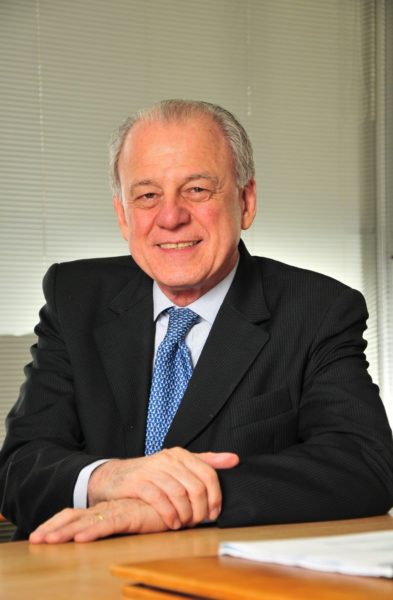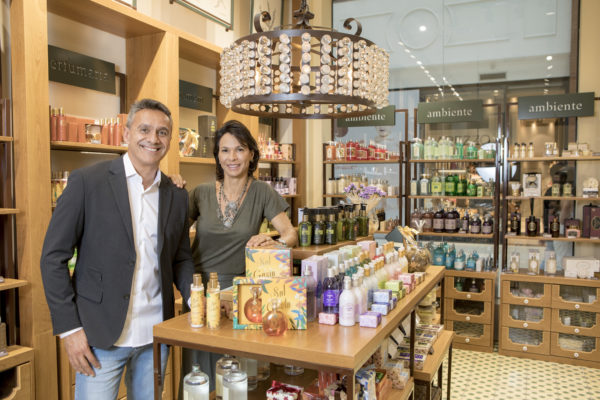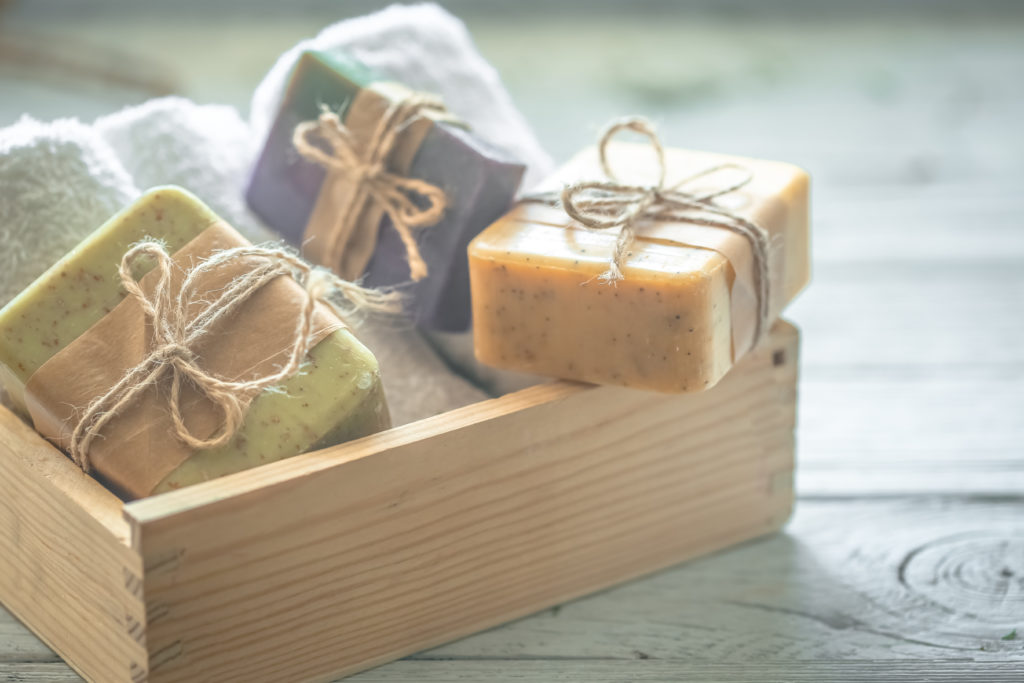São Paulo – Soaps became a habit in the bath of Brazilians around the 1940 and 1950s. That’s thanks to foreign companies, particularly from the United States, that arrived in Brazil and invested heavily in marketing – and in cheaper and more affordable products. Before that baths were only with water and maybe a piece of mild or coconut soap. Back then soaps were luxury items, a privilege of the elite. Decades later Brazil is the one exporting soaps to the world, taking a variety of brands, prices, sizes, aromas, and often a touch of Brazilianness.

According to numbers disclosed earlier this year by the Brazilian Cosmetic, Toiletries and Perfumery Industry Association (ABIHPEC), in 2022 soaps accounted for 19% of the exports of items of the whole sector. “Soap exports hit USD 14.8 million, 83% of which (USD 122.5 million) were to Argentina, Chile, Peru, Colombia, Paraguay, Venezuela, Mexico and Uruguay,” said João Carlos Basilio, executive president of ABIHPEC. Most exports were of soap bars (67%) but liquid soap has grown year after year.
The sector at large saw a significant increase in exports: Toiletries, perfumery and cosmetic goods reached a 10.9% growth last year to USD 776.5 million, from USD 700 million in 2021. The best-selling category is hair products. Soap has come in second since 2015. Besides the eight Latin American destinations mentioned above, other highlights are Netherlands and the United Arab Emirates.
According to Basílio, despite the pandemic and economic crises, exporting is not as challenging as before. “We’ve evolved a lot in recent years,” he said. “If we look back, we have widened the number of destination countries for exports in our sector. In our internationalization project, Beautycare Brazil, held in partnership with ApexBrasil, we’ve saw increasingly good results, as well as a continuous growth of the participation of companies in the leading international fairs.” ApexBrasil is the Brazilian Trade and Investment Promotion Agency.
There’re still barriers to be overcome, like logistics costs and policies focused on foreign trade. “We also have to evolve in the need for regulations on the sustainable use of the Brazilian biodiversity, which has the potential to broaden and accelerate the competitiveness of our products across the world,” Basilio adds.
In the domestic challenges, challenges are also great. If on one hand soap was a great ally in the fight against COVID-19, on the other hand the poorest part of the population reduced the consumption of bar soaps, whose prices skyrocketed in recent years. And the higher classes adopted the liquid version during the pandemic as it was more practical and safer.
Basilio points out, too, that the market is huge and diverse now, with niches for a variety of publics. There’re moisturizing and antibacterial soaps, a variety of fragrances, sizes and packages, oil and cream versions, and ingredients from the Brazilian biodiversity.
The face of Brazil
Biodiversity is a subject dear to the heart of the industry. Brands that export aromas that are specific from Brazil gain more and more room. A company that knew how to leverage the international customer’s taste without losing its Rio de Janeiro-flair was Granado, which got established with its glycerin soap. Created back in 1870, it was bought in the 2000’s by UK’s Christopher Freeman, who then added Phebo to his catalogue. In 2013, in a partnership with French chain Le Bon Marché, they started going international. Three days later they sold a part of the company to Spain’s Le Puig, thus boosting its presence in Europe and other countries.

Years younger than Granado, Bahia’s twenty-year-old Avatim also started experimenting with foreign clients. Expected to have 235 franchises in Brazil by the end of the year, the company opened in 2022 a showroom in Cascais, Portugal, and already exports to Europe. With a portfolio full of Brazilian scents like andiroba, Brazilian nuts, and cupuaçu, Avatim is popular as a gift that is “the face of Brazil.” All products are manufactured in the factory in Ilhéus, South Bahia.
“We now have bar and liquid soaps with over 20 different fragrances,” said Miro Menezes, Commercial manager of Avatim. The product accounts for 16% of the company’s sales. “An excellent number compared to the variety of our portfolio, which includes room diffusers and body products like exfoliators.”
While trying to increase its reach across Brazil, the company wants to diversify its product line – focusing on sustainable items – and increase its digital presence. “Furthermore, we want to better understand both domestic and foreign customer habits.
Despite the challenges, ABIHPEC is confident that the curve is growing more and more. “The industry has proved in the past three years that it’s essential and resilient, resulting in the resumption of a surplus in the trade balance, which had seen a deficit in the previous decade. Reaching a billion-dollar international trade results from a lot of efforts of the exporting industry,” he said.
Special report by Débora Rubin for ANBA
Translated by Guilherme Miranda




